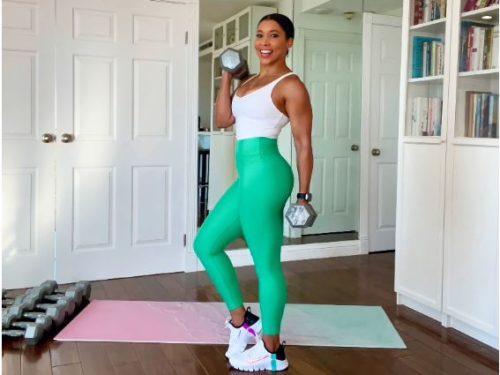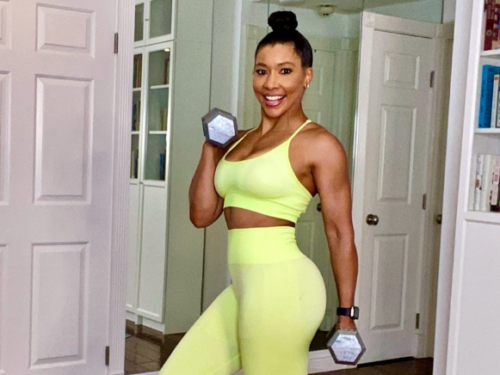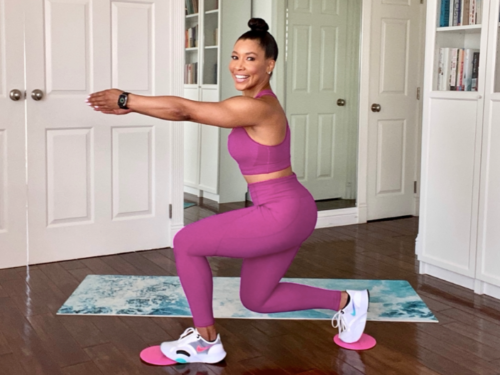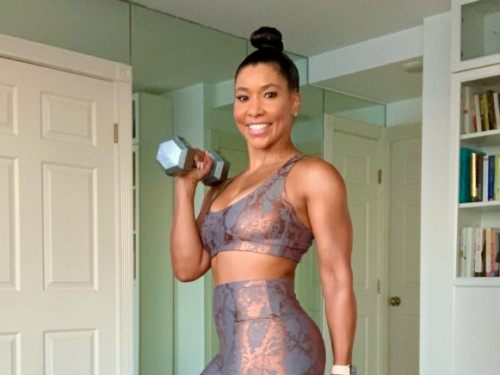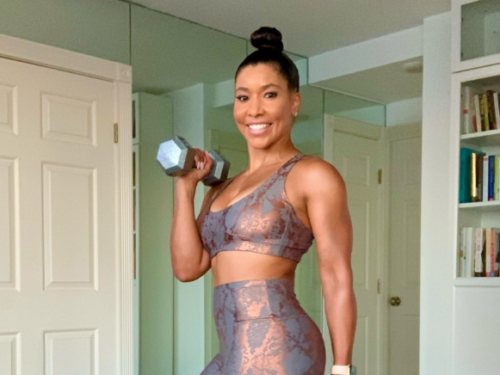We eat so that our body can function throughout the day. When people begin to turn to food or alcohol as a crutch to help comfort them when they are upset (turmoil in a relationship, loss of a loved one), depressed (unhappy with themselves) or even happy (celebrations, birthdays, holidays) they become emotional eaters or drinkers. Everyone at some moment has been a victim of emotional eating or drinking.
Emotional eating or drinking needs to be recognized and addressed because when it gets out of control, you can end up overweight, obese, unhealthy and very unhappy. If you’re turning to food or alcohol for any of the reasons listed above, you need to identify the problem. Emotional eating or drinking is a reality to most of us because we are all human—sometimes ice cream does make you feel better! As soon as you recognize a pattern in your behavior, like turning to food or alcohol every time you are sad or overeating or excessive drinking at parties and celebrations, the problem needs to be addressed. Are you choosing to eat or use food to cover up a feeling of emptiness or void in your life? Emotional eaters will use food to try and fill up a feeling of emptiness generated from insecurities, an abusive relationship, depression, and loneliness just to name a few. It is necessary to uncover and treat the root of the problem with counseling or therapy so you can be at peace. Every time you pick up a piece of food, you need to ask yourself a few questions:
- Why am I eating? (The answer should be because you are hungry, not because you are sad or because everyone else is eating)
- What am I eating? (Nutrient rich quality food)
- How much am I eating? (You only need to eat until you are satisfied, not until you are stuffed or overfull, or until everything is off your plate)

